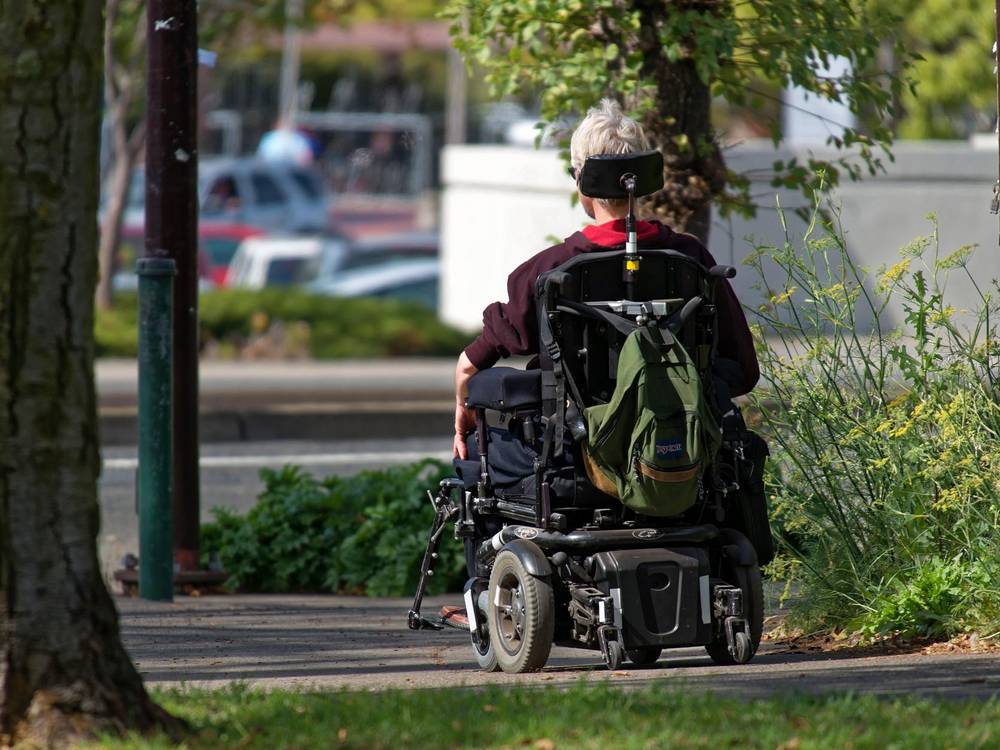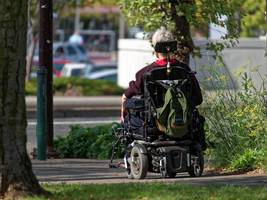Today, 12 February 2025, Deputy Human Rights Ombudsman Dijana Možina Zupanc attended the meeting of the Commission for Petitions, Human Rights and Equal Opportunities (Commission), where they discussed the challenges and shortcomings of personal assistance.
The institution of the Ombudsman pays considerable attention to the issue of the right to personal assistance. The shortcomings of the personal assistance arrangement are mostly learned through complaints received from personal assistance users, personal assistance providers, personal assistants, and also persons who are found to be ineligible for personal assistance. Since 2022, the Ombudsman has warned of difficulties in deciding on the right to personal assistance, especially when decisions are not adequately explained. "We are dealing with quite a few complaints from individuals who were deprived of their right to personal assistance without a properly reasoned decision. In one of these cases, the applicant managed to obtain the evaluation form of the experts when, following our advice, he contacted the Information Commissioner of the Republic of Slovenia. I emphasise again that an unreasoned decision in itself means an infringement of human rights. From the point of view of protecting the rights of individuals, we believe that the completed assessment form for determining eligibility for personal assistance should be an integral part of any explanation as to why someone was assessed as they were. By being familiar with such positions, individuals can be successful in the process of legal protection of rights. We are satisfied that there have been significant developments in the recent period, including the fact that in the process of enforcing judicial protection, individuals in a few cases succeeded in obtaining a court decision to annul the decision in the administrative procedure due to inadequate reasoning. This kind of court decision fills us with optimism that maybe we will be heard and the practice of decision-makers in this area will change," Deputy Ombudsman Dr. Možina Zupanc.
The Ombudsman observes that there are still many problems with delays in deciding appeals against the decision on personal assistance. "We are familiar with cases of individuals who have been waiting for several months for the appeal decision of the competent Ministry of Labour, Family, Social Affairs and Equal Opportunities. Such delays are especially worrisome when deciding on a complaint about the right to personal assistance, since the right cannot be used retroactively, even though the individual needs it from the time the application is submitted. In our opinion, such behaviour and such delays are unacceptable," the Deputy Ombudsman pointed out.
The institution of the Ombudsman was recently informed of a case where an applicant for the right to personal assistance received an opinion based on which she is not entitled to personal assistance services in the amount of at least 30 hours per week, despite the fact that she is unable to live independently. The assessment of the need for assistance was based on both the medical documentation and the opinion of the competent centre for social work, as well as the opinion of relatives. The centre for social work explained that the complainant is already included in the service that provides help for the family at home to the maximum extent, and to address the shortfalls, her husband organises help through friends and people around her. "At the Ombudsman, we often point out that the help of relatives and friends can only be a temporary solution, but certainly from the point of view of integration into the wider environment, activities and raising the quality of life, this cannot represent a long-term solution. That is why it is difficult for us to understand such stories. With the Personal Assistance Act, Slovenia has taken an extraordinary step towards the more active integration of persons with disabilities into society, but the aforementioned case also clearly shows that the state must decide whether it will really ensure this in practice or, in the light of financing or the risk of possible abuse, it will stick to it more on paper. Of course, control mechanisms must work, but we have already emphasised several times that not at the expense of those individuals who need help to live an independent, active, equal, and better-quality life. With the personal assistance system, the state has set a standard that it can no longer demolish and lower," stressed Deputy Ombudsman Dr. Možina Zupanc.

